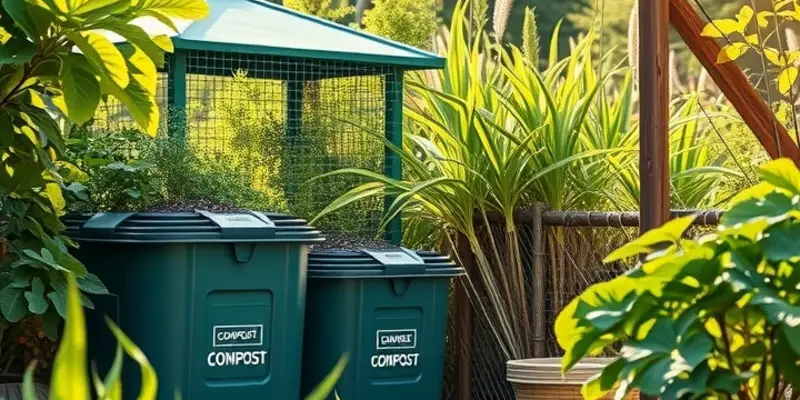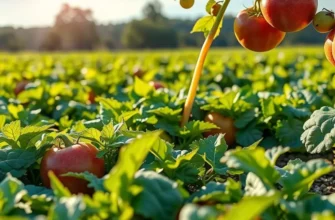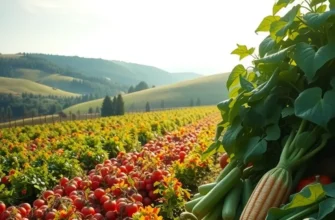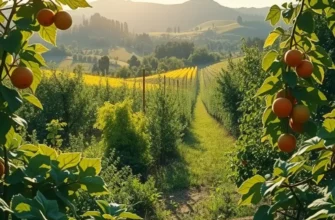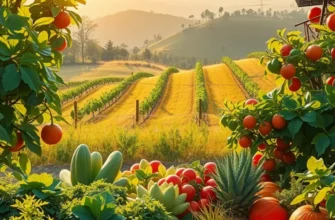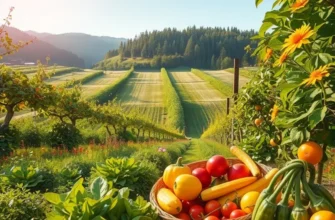Composting is an effective way to manage food scraps that benefits the environment and your garden. By using simple composting methods, you can reduce household waste while creating nutrient-rich soil for your plants. Understanding how to safely compost food helps streamline waste management and boosts your home’s sustainability efforts. Discover practical techniques that can easily fit into your daily routine and make composting accessible for everyone.
Setting Up Your Compost Bin: Choosing the Right Method
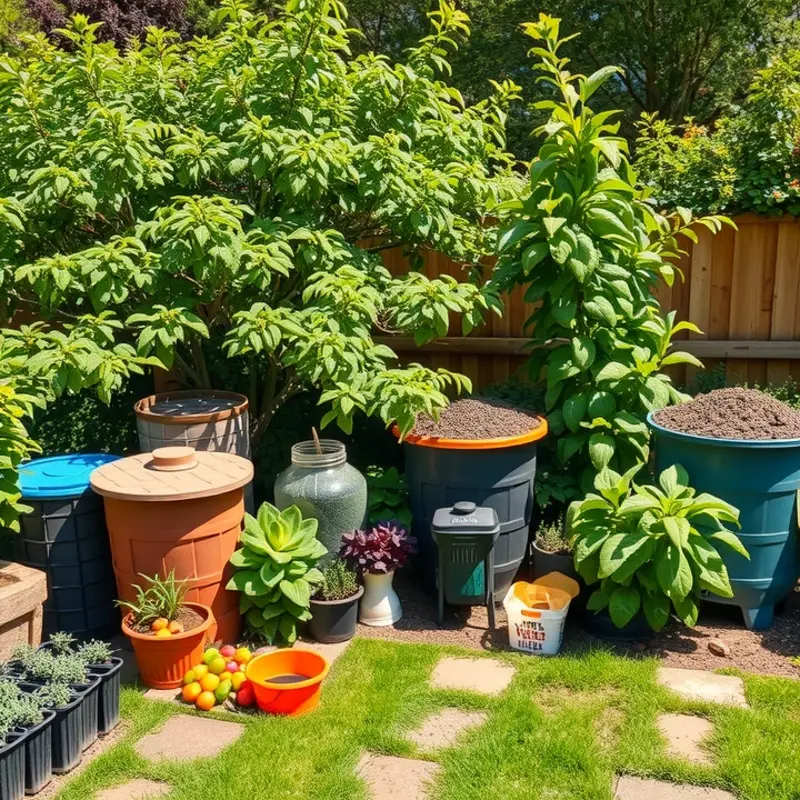
Choosing the right composting method depends largely on your living situation, lifestyle, and the amount of kitchen waste you produce. Three popular methods include backyard composting, vermicomposting, and bokashi composting. Each offers unique advantages and requires different setups.
Backyard Composting is ideal if you have outdoor space and want to manage large quantities of yard waste and kitchen scraps. This method involves piling organic waste in a well-ventilated bin or open heap. The key to successful backyard composting is balancing nitrogen-rich greens, like vegetable scraps, with carbon-rich browns, such as dry leaves. Start by choosing a location with partial sun and good drainage. Layer the nitrogen and carbon materials in the bin, ensuring the pile remains moist like a wrung-out sponge. Regularly turning the compost with a pitchfork allows oxygen to aid decomposition. In a few months, you’ll have rich soil to use in your garden, reducing waste and enhancing your home’s greenery.
For those without much outdoor space, vermicomposting offers a compact, indoor solution. This method employs worms to break down organic waste. You’ll need a worm bin, available at most garden centers, and a starter kit of worms, typically red wigglers. Set up the bin in a dark, cool area like a basement or under a kitchen sink. Line the bottom with shredded newspaper or coconut coir to create a bedding layer for the worms. Add kitchen scraps gradually, avoiding meat, dairy, or oily foods which attract pests. As the worms digest the materials, they produce nutrient-rich castings, a powerful fertilizer. This method is perfect for apartment dwellers, providing a fun, sustainable way to manage food waste.
Bokashi Composting stands out with its unique fermentation process, generating minimal odor and accommodating all food types, including meat and dairy. It’s especially suitable for urban residents with limited outdoor access. The process starts with adding kitchen scraps to a special airtight bokashi bin, sprinkling each layer with a bran-based compost starter infused with effective microorganisms. These microbes ferment the waste rather than decompose it, leaving behind a pre-compost material. After the bin is full, leave it sealed for two weeks. The final step involves burying it in soil, where it quickly breaks down into rich compost. This method reduces odors and speeds up composting, making it an efficient choice for smaller households.
No matter which method you choose, ensuring your waste is appropriately stored and managed is crucial. Interested in safer food storage practices? Check out tips on reducing food spoilage to keep your kitchen running smoothly while supporting a sustainable lifestyle.
The choice between backyard composting, vermicomposting, and bokashi should consider your available space, waste type, and personal preference. Each method provides a viable way to contribute to a greener home, ensuring less waste goes to landfills and more nutrients return to the earth where they belong.
What to Compost: Easy Practices to Reduce Waste
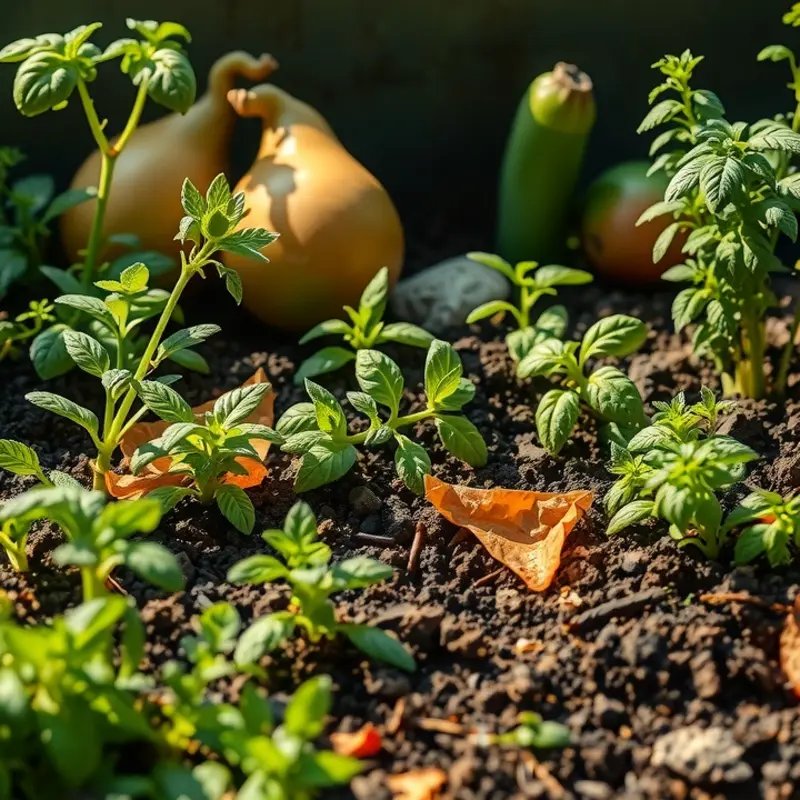
Composting is a straightforward way to reduce household waste and enrich your garden soil. Knowing what can and cannot be composted is crucial to maintain a healthy compost system. Here’s a guide to help you start.
Compostable Materials
- Fruit and vegetable scraps: These are ideal green materials. They decompose quickly and provide the nitrogen your compost needs.
- Coffee grounds and filters: Coffee grounds are a rich source of nitrogen, while filters are a brown material.
- Eggshells: Crushed eggshells add calcium to your compost.
- Grass clippings: Considered green materials, they decompose rapidly, releasing nitrogen.
- Fallen leaves: These count as brown materials and add carbon.
- Wood chips and sawdust from untreated wood: Excellent for adding bulk and structure.
Non-Compostable Items
- Meat and dairy products: These attract pests and can create odors.
- Greasy or oily foods: Oil disrupts the composting process.
- Diseased plants: They can spread pathogens.
- Pet waste: Can carry harmful bacteria or parasites.
- Synthetic materials: Plastics, metals, and glass do not decompose.
Balancing Green and Brown Materials
Achieving the right balance between green and brown materials is essential for a successful composting process. The general rule is to aim for a ratio of one part green to two parts brown. The greens provide the nitrogen, vital for growth and microbial activity, while the browns contribute carbon, which provides energy. If your compost is too green, it can become smelly, and if it’s too brown, it may take longer to decompose.
Practical Tips for Waste Reduction
To effectively reduce kitchen waste, start by planning your meals carefully. This ensures that you only buy what you need, reducing the amount of waste generated. For more sustainable tips on kitchen management, you can check out Eco-Smart Kitchen Storage.
Use a separate bin in your kitchen dedicated to compostable waste. This makes it easier to segregate compostable materials from the rest of your trash. Additionally, chop compost materials into smaller pieces; smaller pieces decompose faster, speeding up the composting process.
Implementing these composting practices not only minimizes waste but also contributes to a healthier environment by enriching the soil and reducing landfill accumulation. Remember that composting is an ongoing process of learning and adjusting based on what works best for your compost pile.
Final words
Implementing easy composting methods can significantly reduce household waste while enhancing your garden’s health. By understanding the types of composting available and identifying what items can be composted, you can develop an efficient waste-management system at home. Regularly adding kitchen scraps and yard waste to your compost bin creates a cycle of nutrition that benefits both your plants and the environment. Start small, experiment with different methods, and enjoy the rewarding experience of turning waste into valuable compost. Your efforts contribute not only to personal sustainability but also to a healthier planet.

